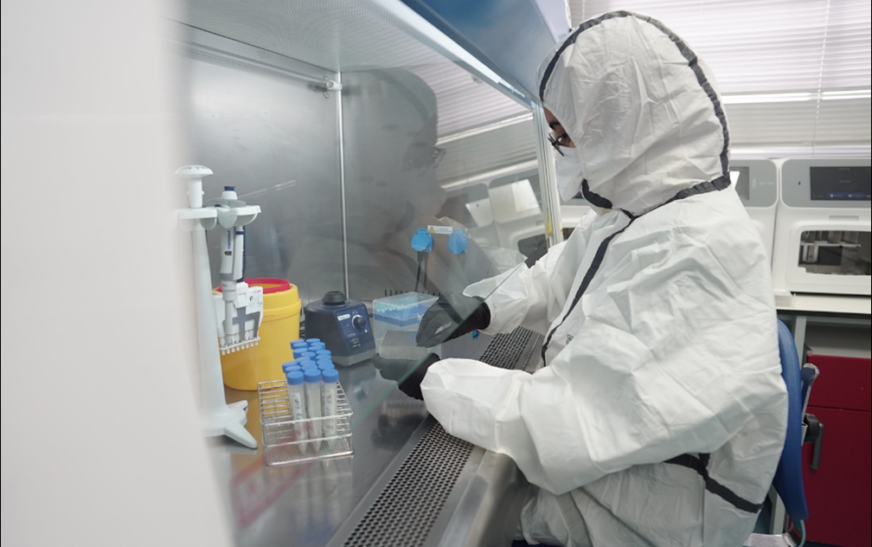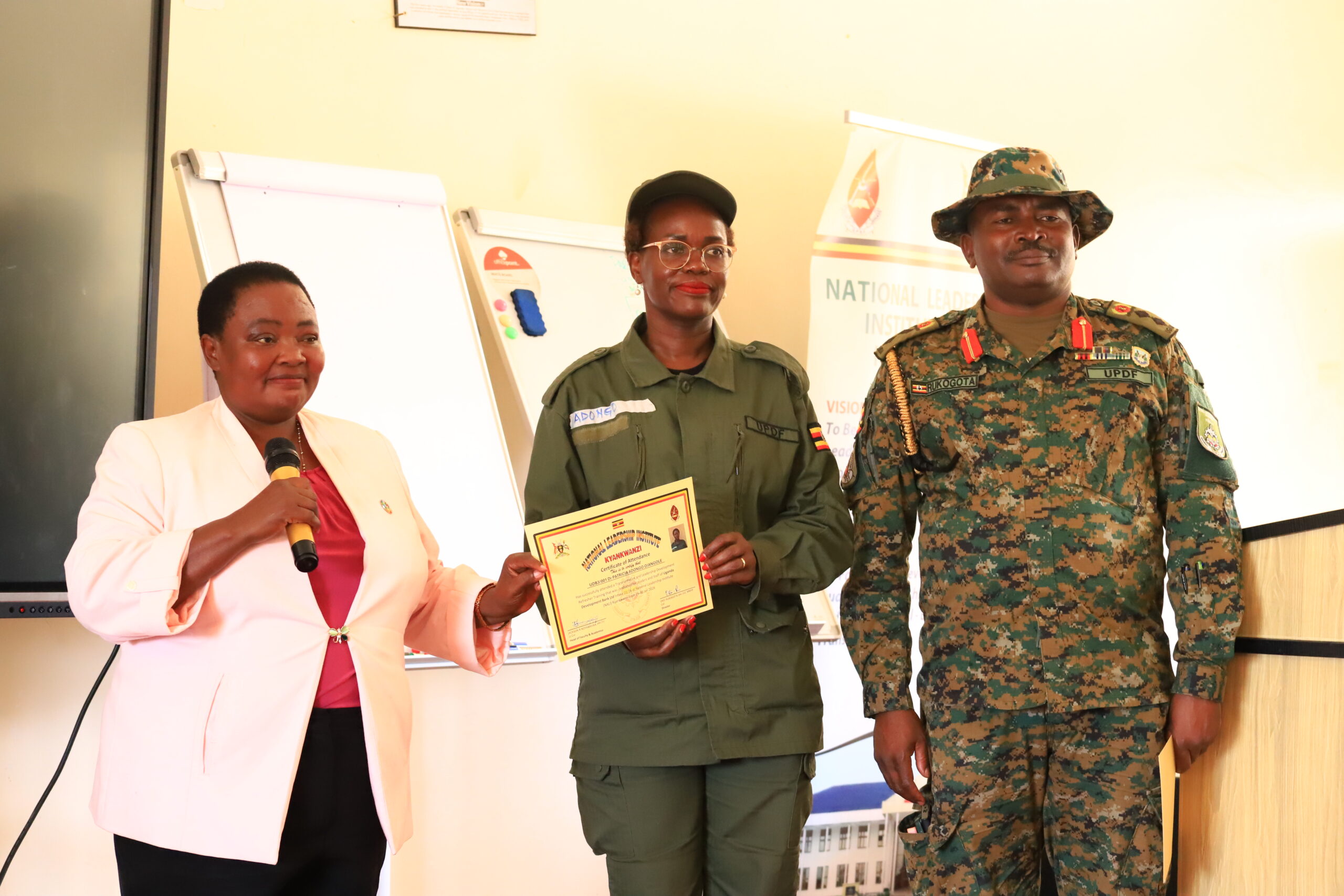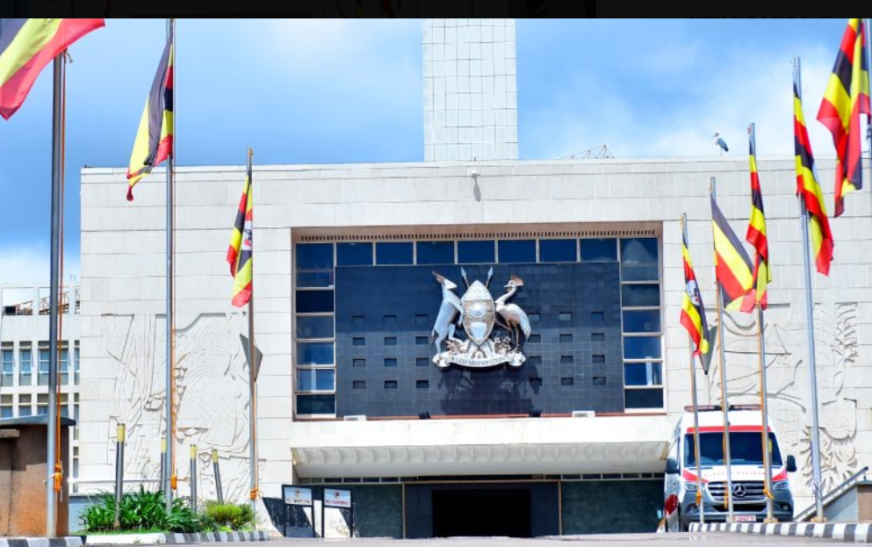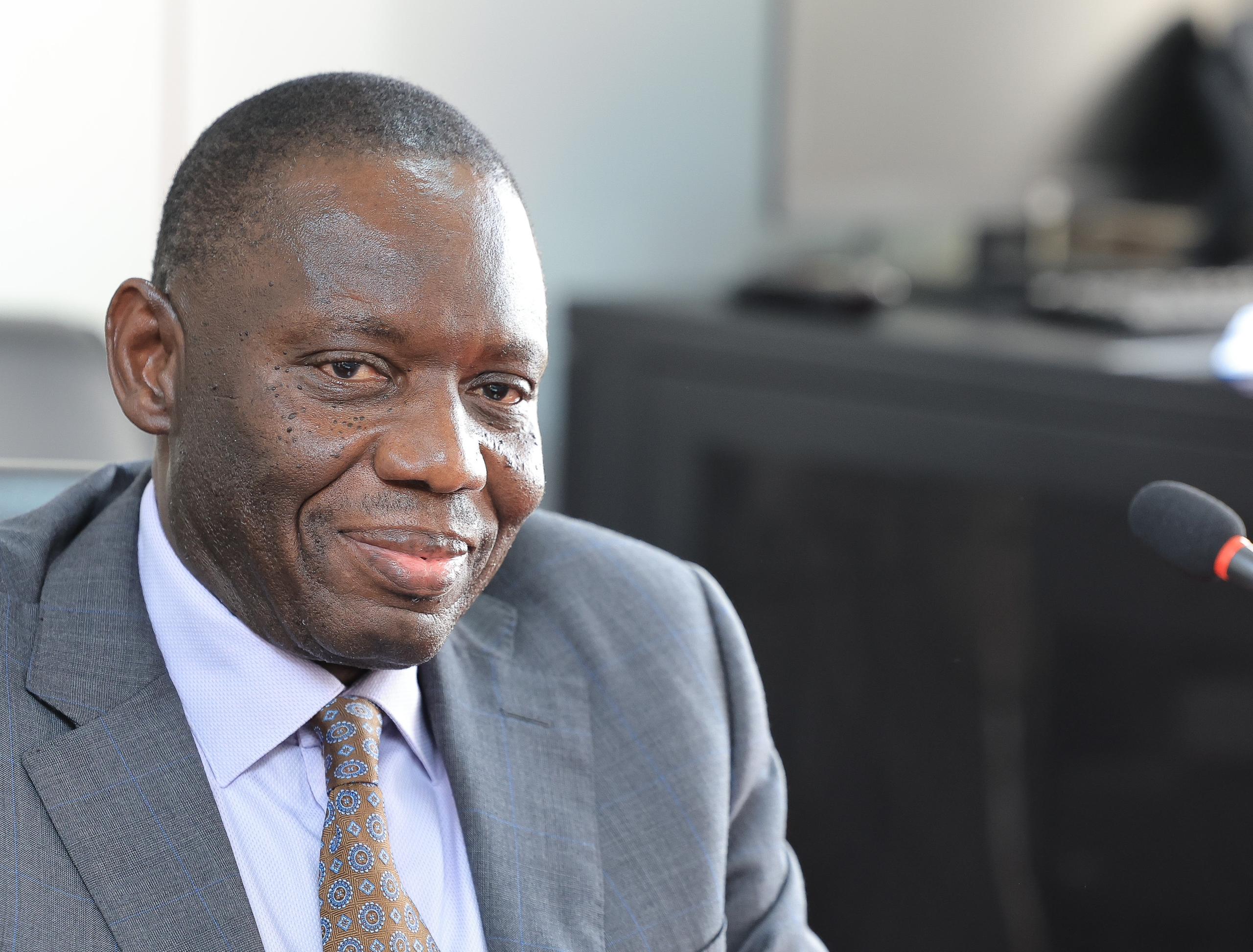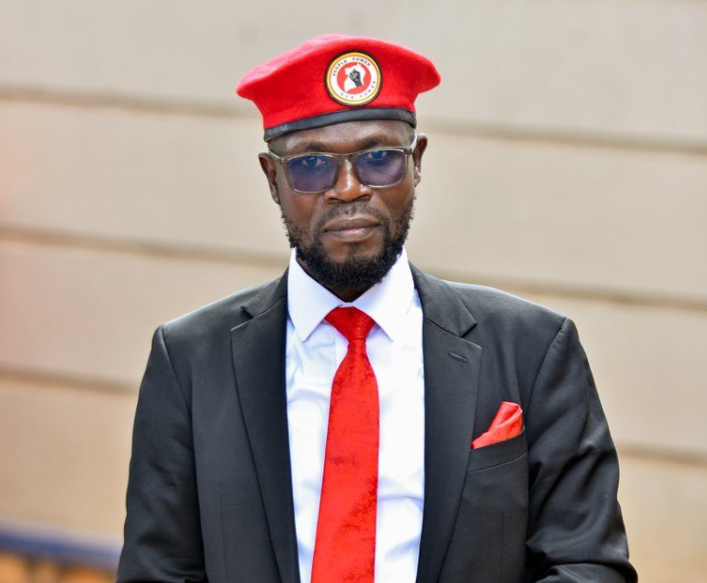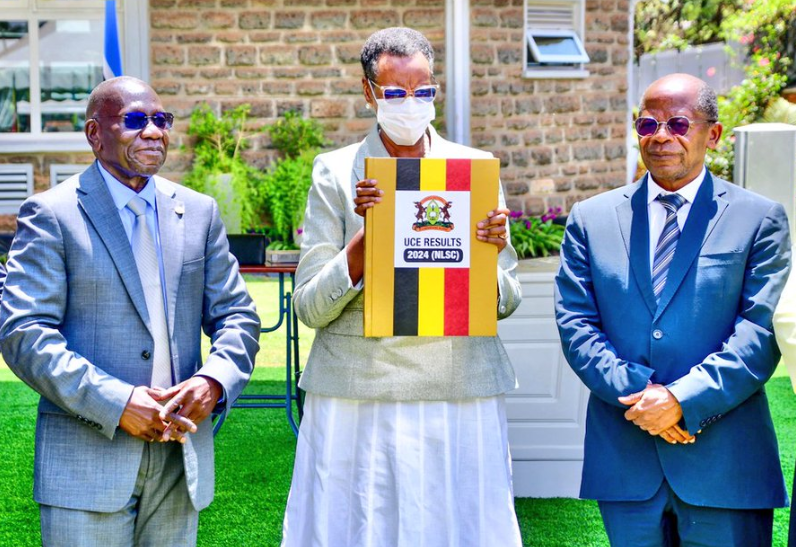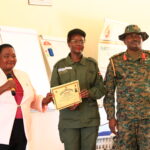The European Union (EU) has announced €1.2 million in emergency humanitarian funding to support Uganda’s response to the ongoing Sudan Ebola virus outbreak.
This funding will enable the World Health Organization (WHO) to address critical needs, including coordination, surveillance, infection prevention and control, case management, operational support, and logistics.
The new allocation builds on the €200,000 provided in February 2025 to the Uganda Red Cross Society for Ebola response efforts. Additionally, through the EU Civil Protection Mechanism, experts from EU Member States have been deployed to Uganda to strengthen response efforts.
On 30 January 2025, Uganda’s Ministry of Health declared an outbreak of Sudan Ebola virus disease (SVD) after a 35-year-old male nurse at Mulago National Referral Hospital tested positive following his death on 29 January. Before his diagnosis, he sought treatment at multiple facilities, including Mulago National Referral Hospital in Kampala, Saidina Abubakar Islamic Hospital in Matugga (Wakiso District), and Mbale Regional Referral Hospital in Mbale City.
As of 5 March 2025, Uganda has reported 14 cases (12 confirmed and 2 probable), including 4 deaths (2 confirmed and 2 probable). Current assessments indicate that seven districts, including the capital, Kampala, are at very high risk, while 11 others are classified as high risk.
In response, the Ministry of Health rapidly deployed the National Emergency Medical Team (nEMT) to support case management efforts. A total of 44 nEMT members were deployed, with 26 assigned to Mulago National Referral Hospital and 18 to the Ebola Treatment Unit in Mbale. This marks Uganda’s first deployment of the national EMT for an Ebola outbreak response.
At Mulago Hospital, the nEMT arrived within two hours of deployment, setting up the isolation unit and preparing to receive patients. Their efforts included providing direct clinical care in line with national Ebola case management guidelines, strengthening referral systems for timely evacuations, and training local healthcare teams.
In Mbale, the team comprising 18 members, including physicians, nurses, a logistician, an Infection Prevention and Control officer, and a safe and dignified burial team was deployed on 3 February 2025 to enhance the isolation unit setup and clinical care.

